Principal Investigator
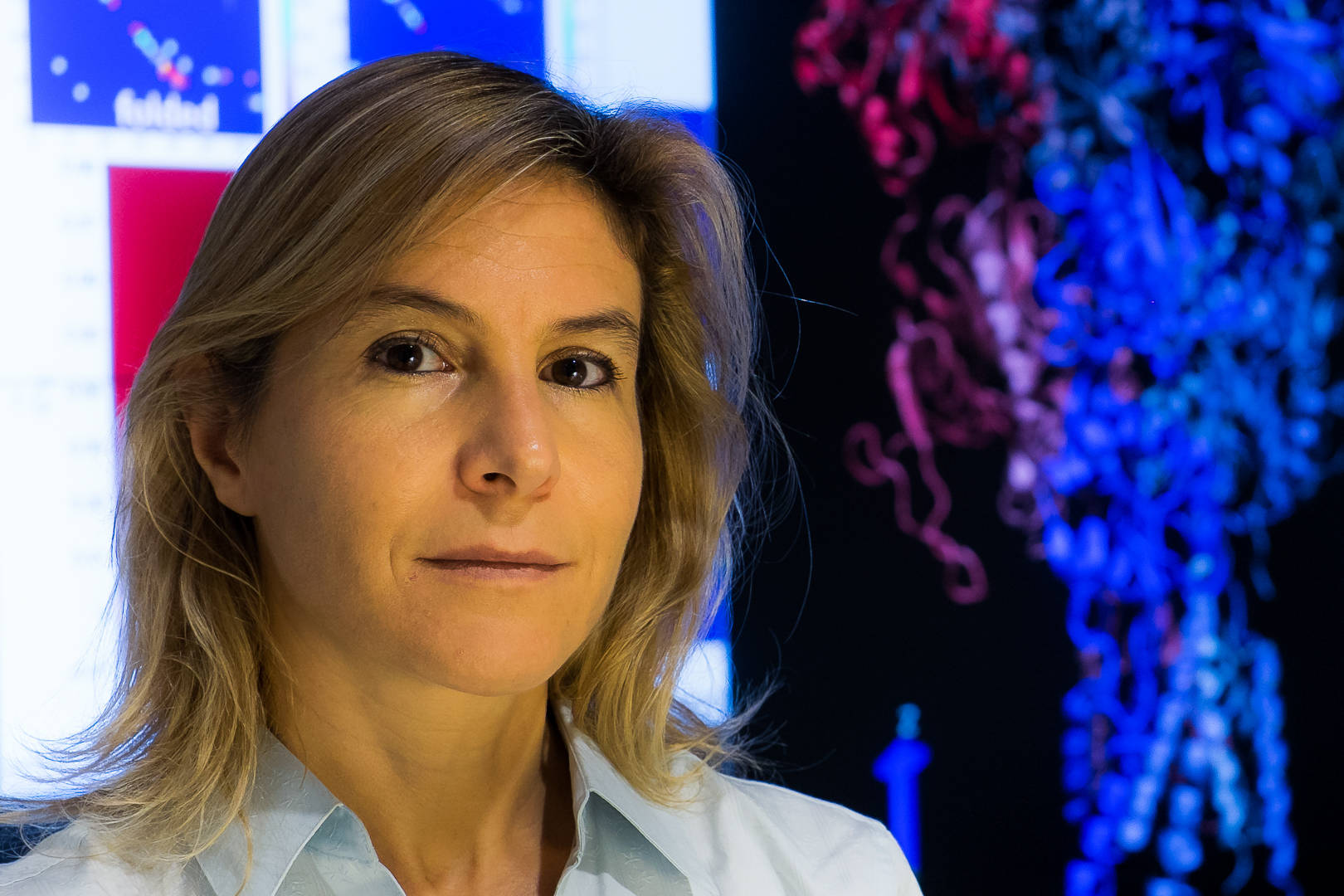
Cecilia Clementi
cecilia@rice.edu
Professor of Chemistry
Professor of Chemical and Biomolecular Engineering
Senior Scientist in the Center for Theoretical Biological Physics
co-Director of the Molecular Sciences Software Institute (MolSSI)
Einstein Visiting Fellow at the Freie Universitat in Berlin, Germany
Graduate Students
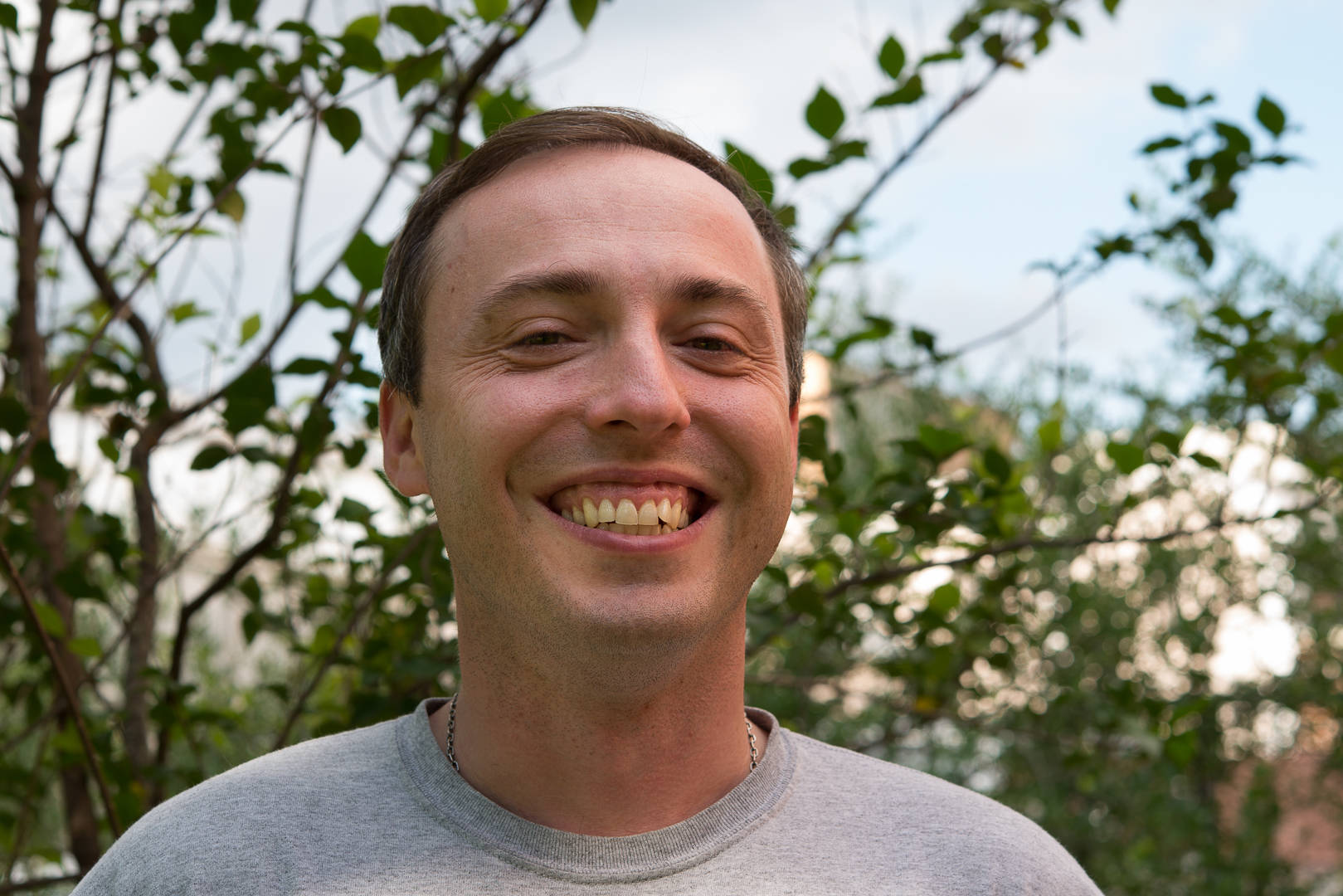
Fernando Yrazu
Chemical and Biomolecular Engineering
fernando.m.yrazu@rice.edu
I specialize in molecular modeling and simulation; specifically, in coarse grained and multiscale models of proteins. These models allow us to apply the principles of statistical mechanics to understand the behavior and characteristics of molecular systems. In this way we are able to obtain results using the currently available computational power, within a reasonable time frame (which would be otherwise unattaible using detailed representations).
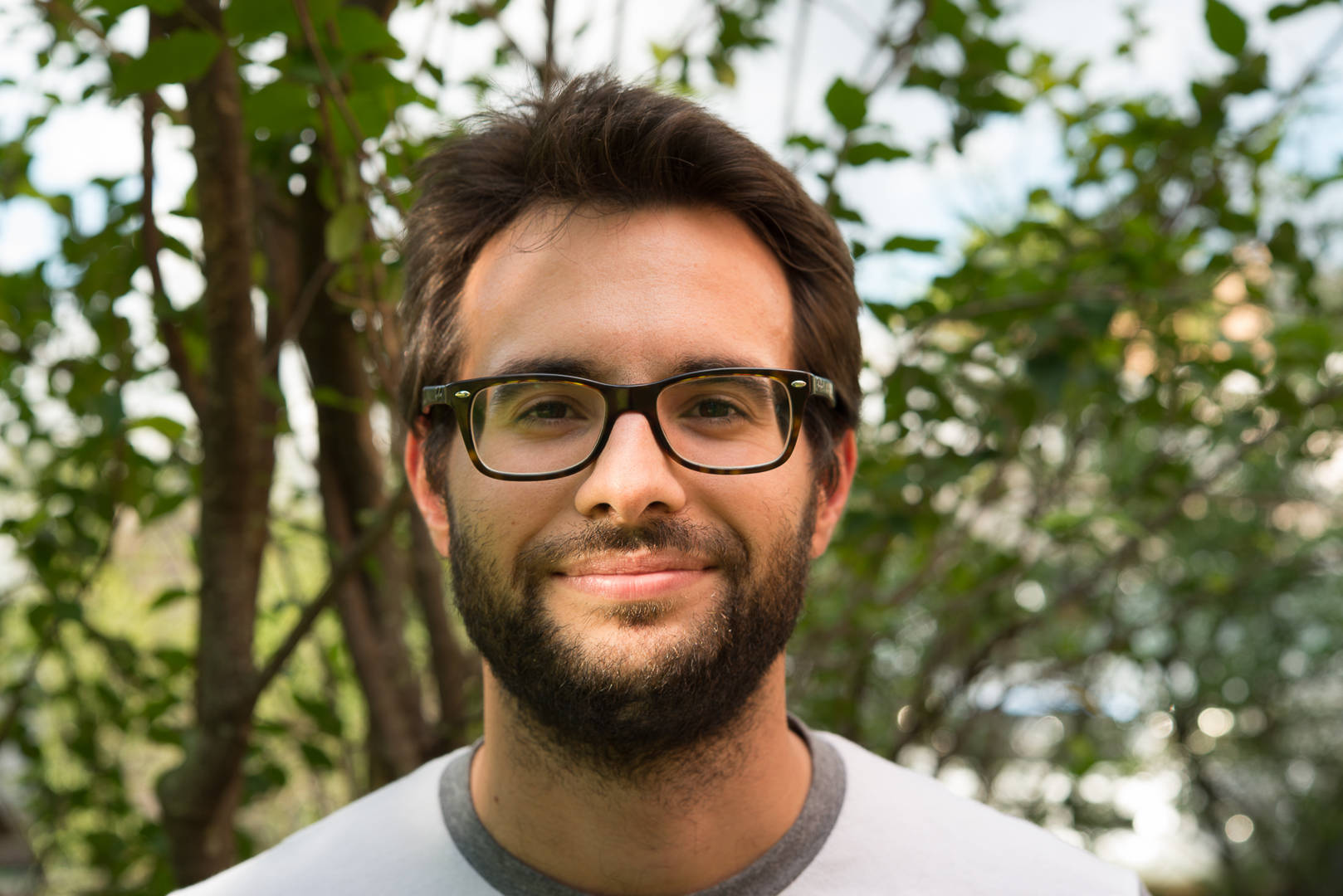
Lorenzo Boninsegna
Chemistry
lorenzo.boninsegna@rice.edu
My research interests go from pure statistical mechanics to how its principles can be used to describe macromolecular dynamics in an effective way. Specifically, I have worked in the past on developing algorithms for extracting suitable collective coordinates out of data. Currently, my focus is on investigating a new strategy to formulate a systematic protocol to perform data-based coarse graining of macromolecules. Coarse graining has always been very popular in molecular sciences, yet guided by physical intuition which can be a limitation. I am working on a more rigorous approach using machine learning to extract the optimal model from the data.
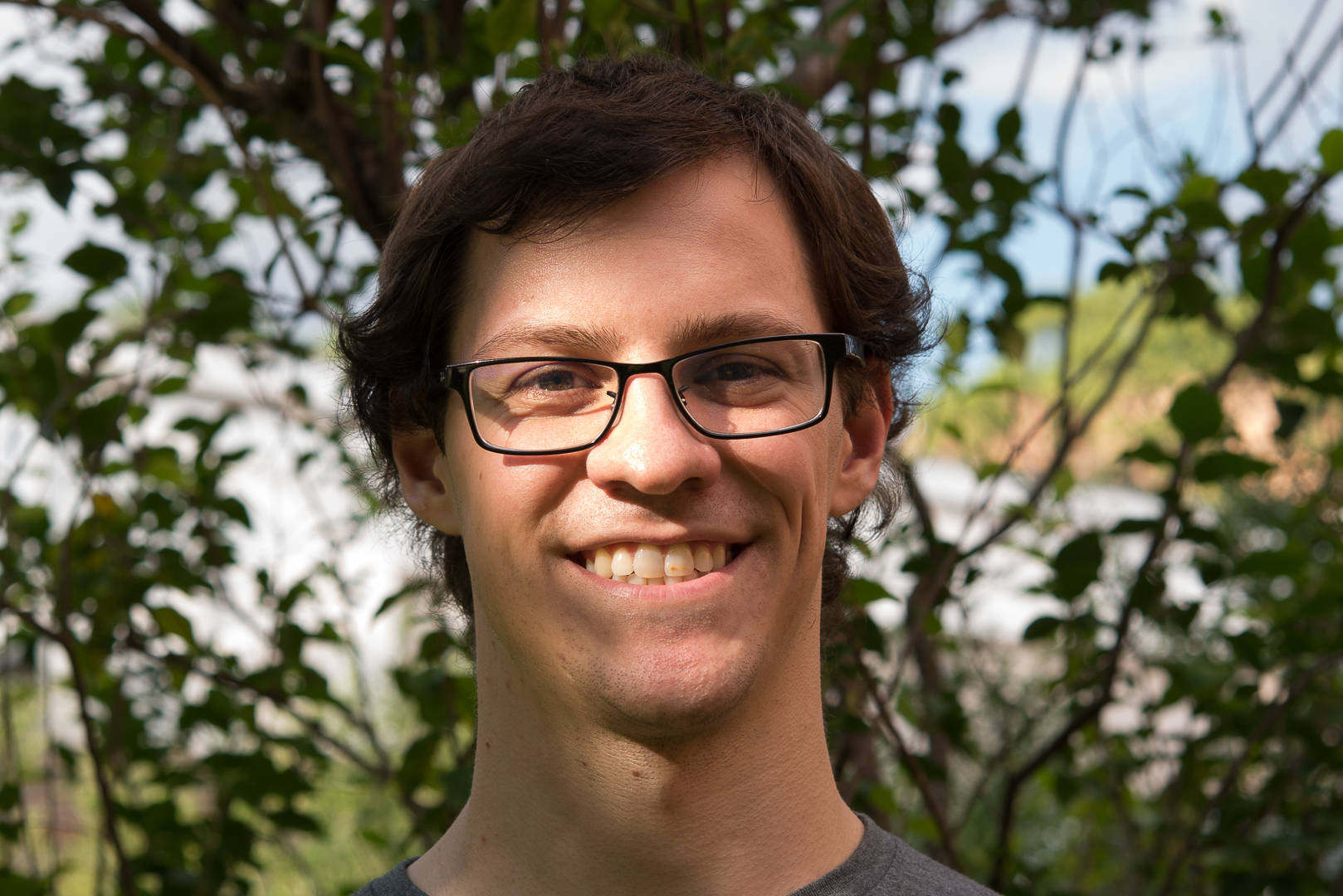
Alexander Kluber
Chemistry
ajkluber@rice.edu
I am interested in a broad range of topics from chemical and biological physics. My research in particular focuses on coarse-grained modeling of proteins and biomolecules. The overall goal of coarse-grain modeling is to develop simplified models of systems that accurately capture the essential physics. To achieve this goal we need to confront two challenges in particular: 1) what are the essential physical principles that govern the behavior we are interested in?; and how can these principles be represented in a form that is convenient for simulation or calculation? My efforts consider both of these questions. My current research uses coarse-grained models to investigate the effects of frustration on folding. Additionally, I am also working with my colleagues to extend these models using input from experiment.
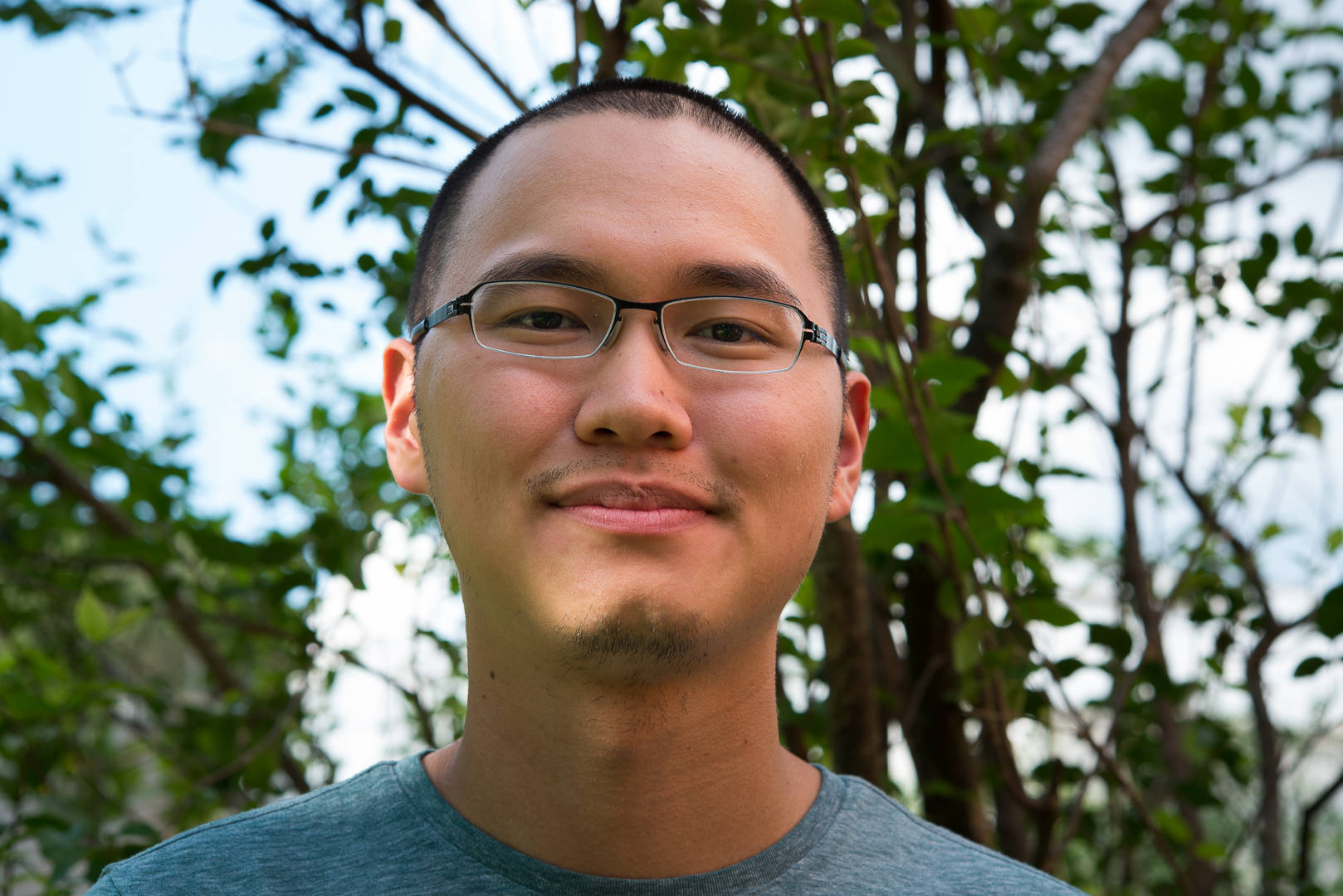
Justin Chen
Physics and Astronomy
jc49@rice.edu
My primary focus is with developing a theoretical framework that allows to use experimental data in the definition of simplified protein models. Coarse grained protein Hamiltonians are much easier to simulate, however information is lost by removing degrees of freedom or simplifying potentials. In order to make a coarse grained model more realistic and reduce the appriximations involved, one can incorporate external information into model, such as from experiments, and design the coarse grained Hamiltonian such that the simulation matches the experiment.

Eugen Hruska
Physics and Astronomy
eh22@rice.edu
My research focuses on analyzing protein dynamics and developing new strategies for enhanced sampling. Current methods for adaptive sampling are mostly based on dimensionality reduction tools like diffusion maps and Markov state models, but the speed-up achieved for complex systems is still limited. Analyzing the shortcomings of the current methods allows us to improve these methods and develop new approaches, in order to better understand and simulate protein dynamics over long timescales. Personal website: eh22.web.rice.edu
Undergraduate Researchers

Jiming Chen
Martel College - Chemical Engineering jc75@rice.edu
I have been working with Justin on using experimental data in simulation. I have used a variety of levels of coarse graining in my work, and have focused primarily on quantifying the accuracy and precision of the optimization algorithms.

Molly Hurley
Baker College - Chemistry
mjh9@rice.edu
I have been working with Justin on optimizatin algorithms. My work focuses on modifying non-linear terms in a Hamiltonian for a coarse-grained model.
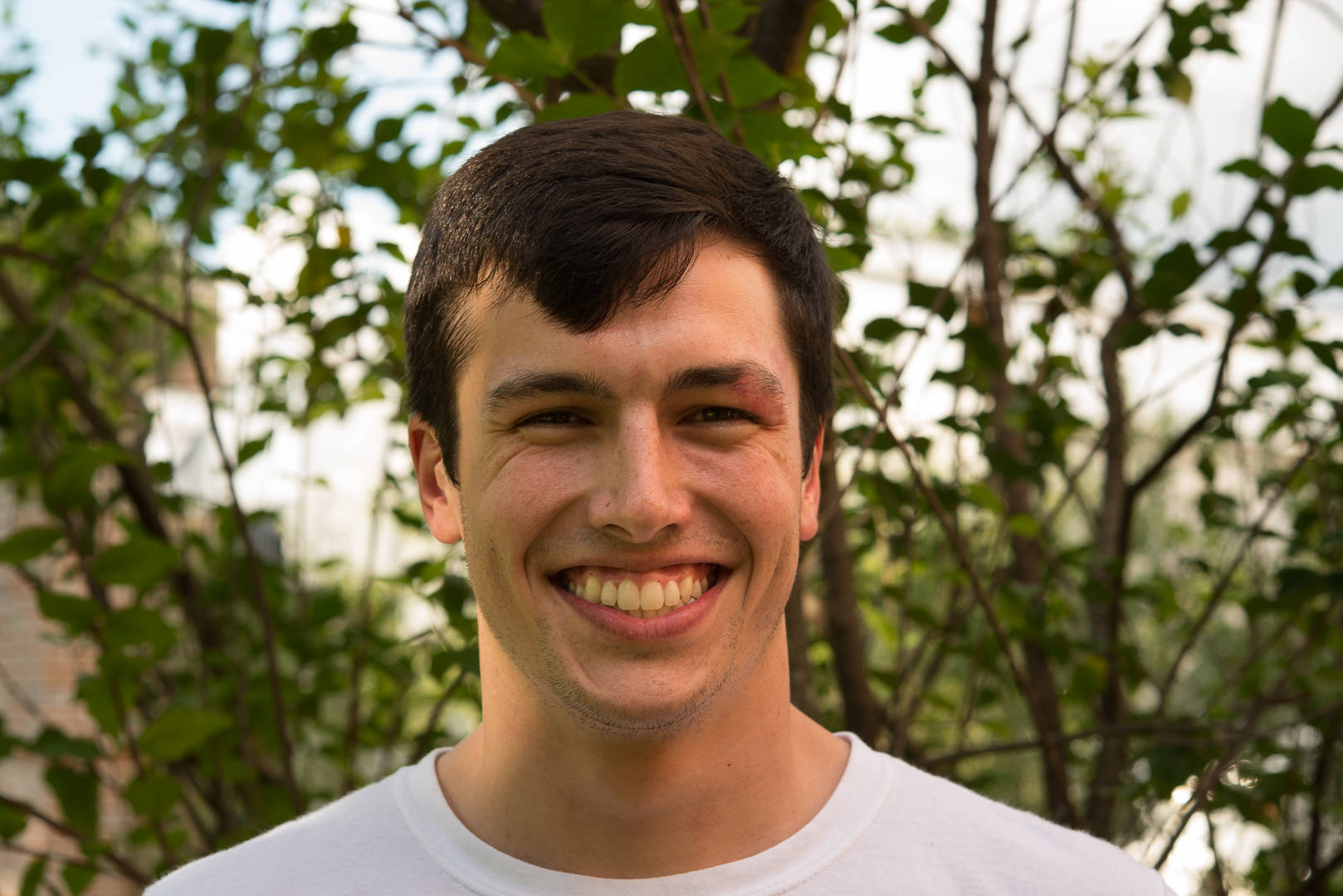
Greg Campo
Will Rice College - Chemical Engineering
gsc4@rice.edu
I have been working with Alex on the SNARE complex. I have been running pulling simulations on SNARE in order to better understand its dynamics.